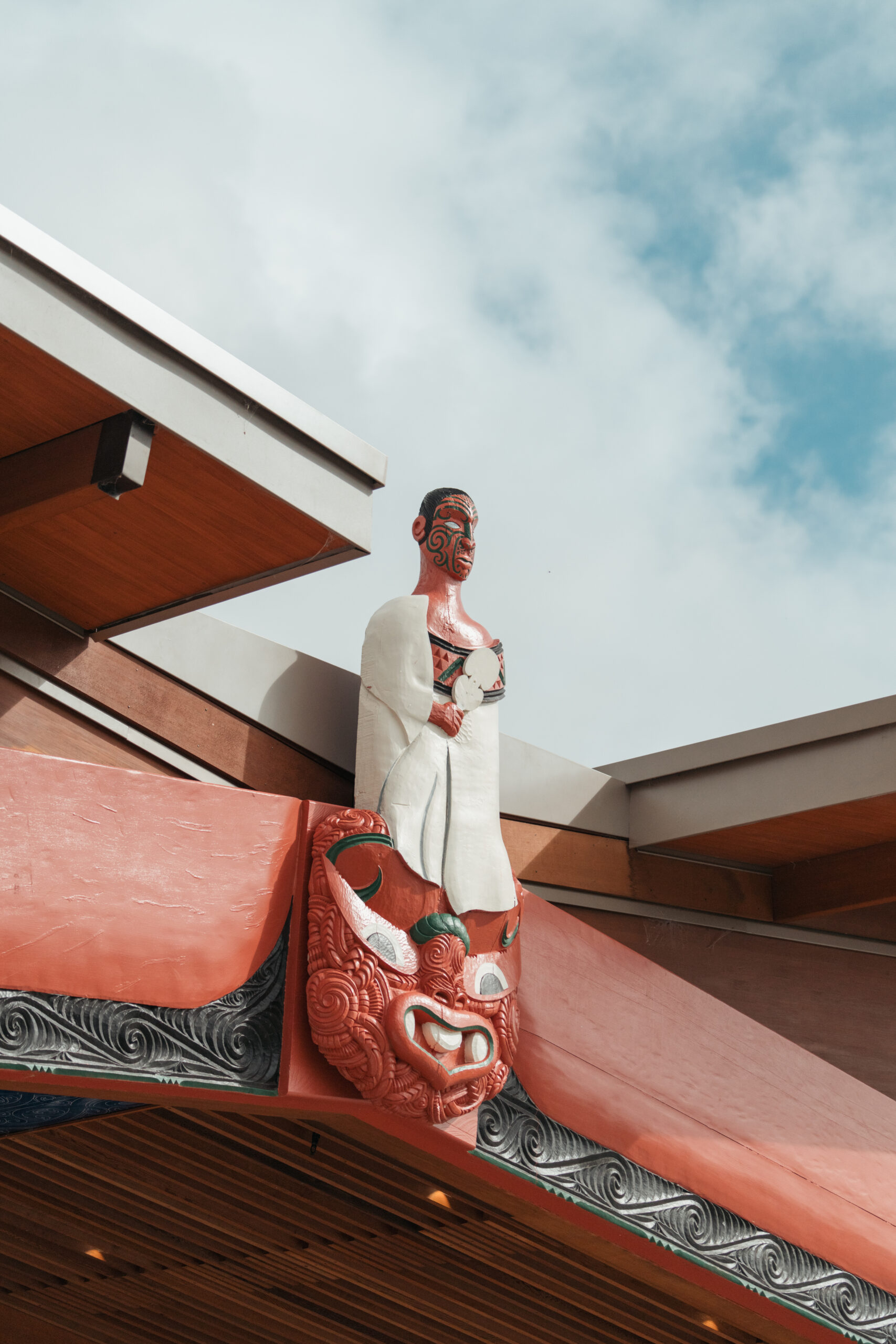
By Emere Paku
It is no secret that the mamae of losing our reo and culture at the hands of colonisation is an intergenerational heavy load of baggage to carry, and no matter how much we do to try and unload its contents, it weighs just as heavy as before. The biggest secret I discovered about this baggage though, is that it doesn’t get easier to carry, and personally, I don’t think it ever will be. My entire life, I grew up constantly being second guessed for saying “He Māori ahau!” I always got the classic look up and down and the famous one liner “Aren’t you a bit white to be Māori?” Like others who didn’t get the chance to grow up in Te Ao Māori, stuff like that becomes part of the contents of your baggage for life. I mean that sentence alone has always been a driving force behind wanting to learn my reo, just to put people in their place and prove I am enough. But if there is one thing I’ve learnt ki roto i te haerenga o te ako reo Māori, your baggage only becomes heavier. Saying it out loud sounds horrible, and in no way am I trying to put anyone off of taking up this journey, because believe me when I say that it is, and will forever be the best decision I’ve made. The lifelong friends, the experiences and the endless joy of understanding and being able to kōrero Māori; that is a forever kind of happiness money can’t buy. But man, it’s hard. Everyone has their “why”, I mean our why’s are the foundations and driving forces behind everything we do. So trust me, your why is going to be the life jacket you grasp onto for dear life in your learning journey, because this was never meant to be, and is not easy. Your learning journey drags you through the highest of highs and the absolute lowest of lows, and the majority of the time, the light at the end of the tunnel just seems so far away. From getting only A+ in your first few assessments, to the first time standing to kōrero Māori, and your first failing mark in a whakamātautau, it’s no easy feat to come back the next week and say to yourself “I can do this.” I’ve found that burnout, alongside self doubt, are the biggest obstacles you have to overcome. But I have also found that there is no one in your way more than your own hinengaro, but once you realise that the only person who can do this is you, at the end of the day, you know you want to succeed more than your self doubt wants to see you quit. So as much as I turn up each day to class with self doubt, fear and the possibility of failure clinging onto me as I walk in the door, I know future me, and the generations I get to influence after me are going to be so thankful I showed up for myself. So, I leave my raru at the door, lock it behind me, and get to work. The journey is long, never ending, and beyond difficult, but it is so worth it to see yourself and the people around you thrive in our language and our culture, just like our tūpuna did years ago.